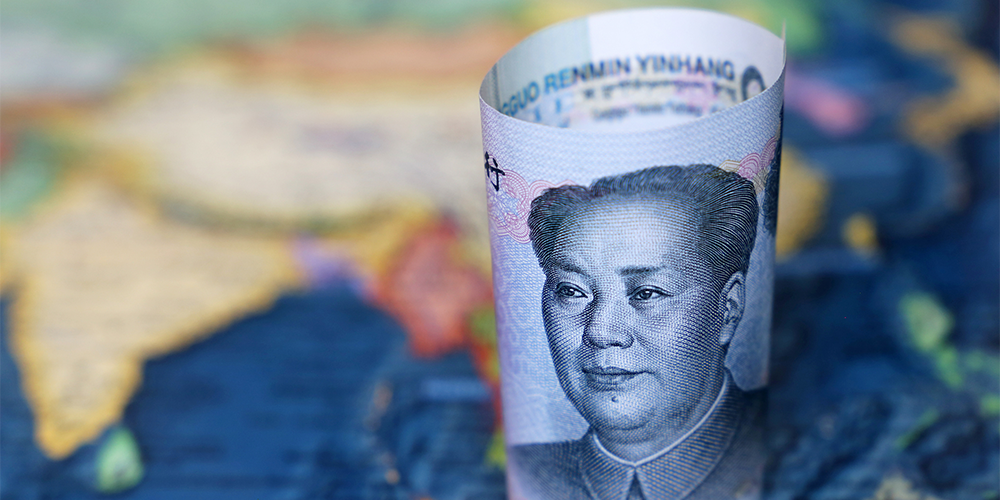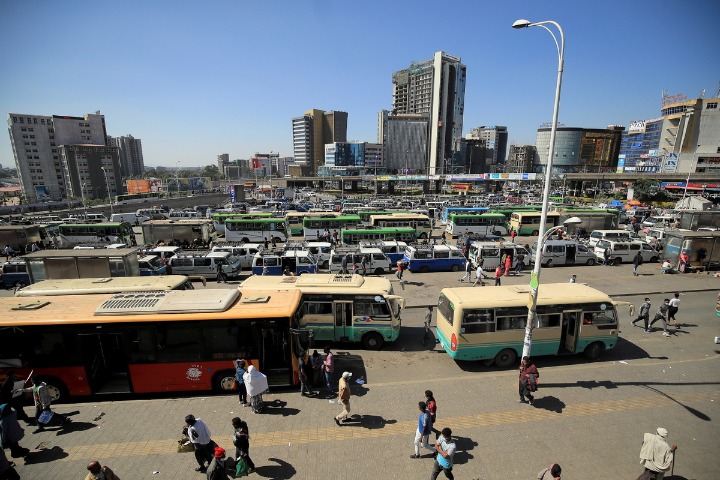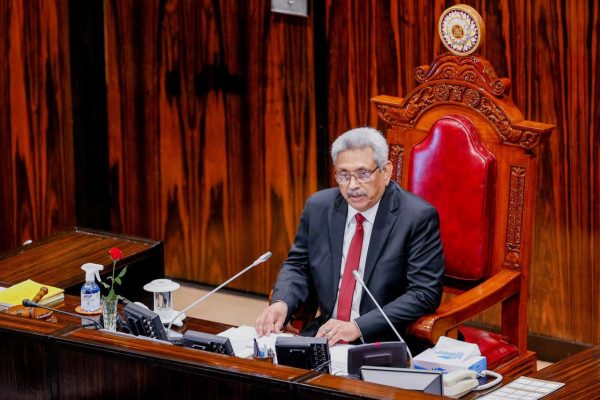Emerging Emerging Markets Debt Crisis Reveals China’s Strict Restructuring Rules

According to the Bank for International Settlements and the International Monetary Fund, emerging market economies are particularly vulnerable to bottlenecks in the food, fertilizer and energy supply chain, as well as to inflation, which lead to higher debt service costs as demand slows. This places these exposed countries in acute debt service stress. Sri Lanka is the most important, but many more will follow.
China has now become a major global creditor, providing some 25% of lending to emerging markets, mostly to low-income developing countries. These loans consist of foreign direct investment, trade credits as well as loans under its Belt and Road initiative. China could help bail out exposed emerging markets as part of an internationally coordinated debt restructuring.
Contracts with Chinese lenders generally prohibit multilateral restructurings, such as under the Paris Club procedure. But these provisions predate and are in tension with commitments made by the Chinese government in the G20 common framework for debt treatment beyond the debt service suspension initiative, announced in November 2020. creation of the common framework aimed to remedy some of the weaknesses of the DSSI. , by requiring participating borrowing governments to seek equivalent debt treatment from all creditors. The framework commits G20 governments to coordinate their debt relief programs for eligible countries. However, the final decision on China’s participation in multilateral debt initiatives will be taken at the highest level of management, such as the State Council.
The involvement of international actors, in particular the IMF, generates external pressure on China to react; IMF action tends to pile up in parallel debt relief responses from China and others. However, defaults will trigger the involvement of Sinosure, China’s export credit insurance company, which would represent Chinese creditors in the negotiations. Sinosure has final approval on any loan restructuring agreement. There are encouraging signs that China may gradually align with international practices in renegotiating loans to emerging markets. This was expressed in a China Daily commentary on June 8.
As an emerging creditor, China must be prepared for the next wave of debt crises in developing countries. It should improve its external lending standards and debt management institutions, and provide more diversified debt settlement options to debtor countries, especially market-based debt restructuring options. More loan-to-bond conversions can be encouraged. These bond-for-loan swaps can increase debt transparency, as the disclosure requirements for bonds are much stricter than those for loans. In the meantime, it is important for China to adhere to multilateral frameworks and strengthen its coordination and cooperation with other creditors. China can better monitor the debt sustainability of the countries concerned by cooperating with the IMF and the World Bank. Deeper cooperation between all parties will contribute to formulating more influential and effective international rules for debt governance, thereby laying a better global foundation for the prevention of future crises.
So far, China has provided bilateral cash support to a number of countries, including Sri Lanka and Pakistan. However, this is not a liquidity crisis but a solvency crisis, which requires an internationally coordinated debt restructuring program. The China Daily article highlights the importance of multilateral frameworks and coordination with other creditors. China will have to set aside its foreign policy principle of bilateral relations and disclose data on its loans. A transparent view of the composition of countries’ debt is crucial to ensure fair burden sharing and orderly crisis management.
Herbert Poensich is Senior Fellow, Academy for Internet Finance, Hangzhou, and former Senior Economist, Bank for International Settlements.





![[Press release] Debt crisis: a failed G20 summit](https://www.cadtm.org/local/cache-vignettes/L710xH373/f0bd231bf33e0619051e008da75a42-274d7.jpg)
